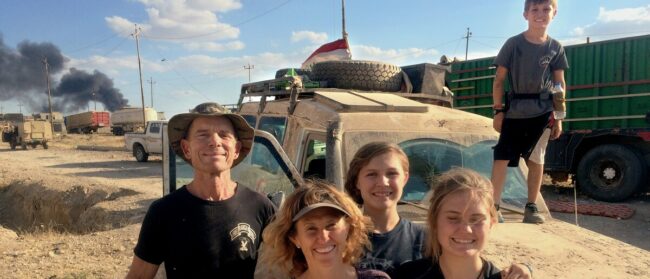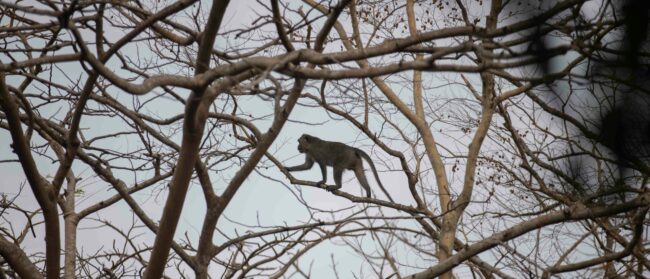It’s no secret that authoritarian regimes are once again flourishing in Southeast Asia. Democratisation efforts after the 1986 toppling of Philippine dictator Ferdinand Marcos have faltered, and the rise of authoritarianism has given new focus to the role of militaries as national guardians, allies of aristocracy and usurpers of power.
Militaries are important because, generally, they are the largest providers of coercive force within states, often (though not always) having indirect control over police and some paramilitary forces. In many young democracies, militaries put their powerful position in the service of private ‘consumers’, who can purchase violence to serve their needs. Alternatively, militaries extort profits or put pressure on governments to give senior military officers high-paid or important positions through the potential use of force.
Thus, the extent to which civilians control funding of the military is of paramount importance and, given that some militaries are to some extent self-financing, such ‘khaki capital’ makes it difficult for even the best-intentioned of elected civilian governments to control their military. Of course, the greater control that militaries have over money, the more insulated they tend to be from civilian political control. In our soon-to-be-published book Khaki Capital: the Political Economy of the Military in Southeast Asia, we make this and other arguments, using the cases of seven countries in Southeast Asia.
Currently, the Southeast Asian country with the greatest military control over economic resources is Thailand, which since 2014 has been run by a palace-endorsed military dictatorship. Thailand’s military has been ‘monarchised’ in the sense that it has generally acted as junior partner to a palace-led ‘parallel state’ that has overturned Thailand’s defective democracy. As such, the Thai military has comfortably transformed its political clout into an economic empire that has become a self-perpetuating force in maximising its political power. The synergy between monarchy and military has created a sense of entitlement among the armed forces, especially in decision-making involving national security and national development.
In another case, Cambodia’s military has become a vassal of Prime Minister Hun Sen and his Cambodian People’s Party, although Hun Sen has more of a dual relationship with the security forces – both master and patron. He has entrenched a form of security force patronage as a result of cracking down on potentially recalcitrant soldiers, while also appeasing security officials by offering them support in the form of material resources, positions and status in society. In return, they offer obedience and deliver not only public order but also added security for the CPP and corporations allied with it.
Turning to Laos, a one-party state, civilian control over the military is ostensibly high given that the Lao People’s Revolutionary Party (LPRP) is vested with a monopoly of political power. Yet control by this regime, as in any country, requires its protection by security forces – the Lao People’s Army (LPA). In this role, the LPA has become a major political actor in the country but remains answerable to the party. Yet, with soldiers’ salaries low and defence budgets limited, the LPA has sometimes had to ‘live off the land’ to make ends meet. In some cases, factions of both retired and active soldiers engage in unmonitored economic plunder (for example, timbering, mining, selling wild animals), often in cooperation with companies or even militaries from Vietnam or China. Such unmonitored khaki capital has been useful income for the underfunded Lao military.
Ultimately, militaries in Southeast Asia today are boosting both their political and economic power as a byproduct of providing coercive force for the public good or sometimes for private gain. Khaki capital represents the maximisation of financial interest for the armed forces throughout Southeast Asia. In fact, it has become increasingly embedded as almost a ‘way of life’ for the military as an institution as well as the soldiers that staff it.
Paul Chambers and Napisa Waitoolkiat are both based at the College of Asean Community Studies, Naresuan University, Thailand. Their book Khaki Capital: the Political Economy of the Military in Southeast Asia will be published in 2017 by NIAS Press in association with the University of Hawaii Press.


